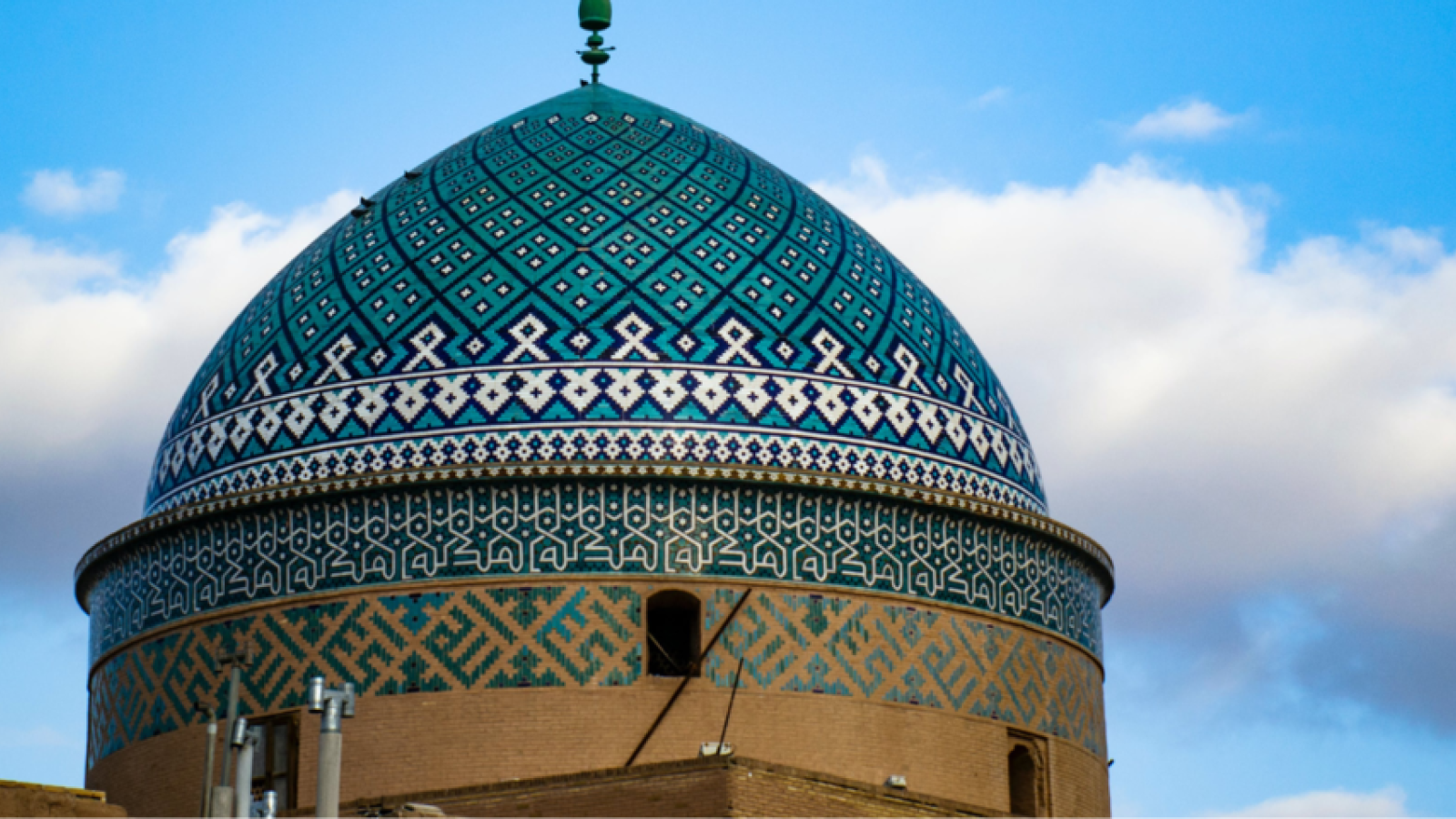Corporate Governance in Iran


Iran’s economy has been characterised by the wide presence of state and quasi-state entities. Against this background, the government embarked on an ambitious privatisation initiative in the early 2000s, resulting in the promulgation of a major privatisation law in 2008 and its implementation thereafter. Over a decade later, the expansion of direct government ownership is tightly controlled but containing indirect control of state and quasi-state entities over the economy remains an elusive objective. The private sector, struggling to simultaneously cope with sanctions and a cumbersome financial and regulatory environment, still plays a relatively small role in the national economy.
Iranian law now allows full foreign ownership in most economic sectors, while the Foreign Investment Promotion and Protection Act 2002 (FIPPA) offers a number of incentives and protections for those who obtain a license under that Act. Examples include protection against nationalisation and expropriation, national treatment, guaranteed repatriation of investment proceeds and a simplified visa procedure. FIPPA allows foreign direct investment in the private sector as well as foreign investment in the public sector through contractual arrangements (such as buy-backs, BOOs and BOTs). In addition, Iran has entered into bilateral investment treaties with close to 60 countries.
Common corporate vehicles used by foreign participants to establish an Iranian entity are private joint stock companies and limited liability companies. However, corporate registration and maintenance in Iran can be quite demanding due to a formalistic and sometimes inconsistent approach taken by the corporate registrar; it therefore requires time and involvement of senior management to avoid the onerous liabilities for a company and its directors that can follow from unintended lapses.
Iran has a complex, multi-layered, overlapping and at times ambiguous regulatory environment, and a significant number of new regulations are issued each year. In certain areas, such as import-export, foreign exchange or banking, regulation can change with dizzying speed. This constantly evolving regulatory landscape requires business owners and managers to keep abreast of new regulatory requirements and opportunities to manage their costs and risks.
The capital markets are regulated and supervised by the Securities and Exchange Organisation. The Tehran Stock Exchange, founded in the 1960s, is the oldest in the Middle East, and its market capitalisation in July 2019 was approximately USD90 billion (at prevailing market exchange rates). The debt capital market is much smaller, and is dominated by government debt. All onshore debt financing, whether through banking or capital market instruments, is Sharia-compliant.
Source:
Legal500.com: https://www.legal500.com/doing-business-in/iran/


